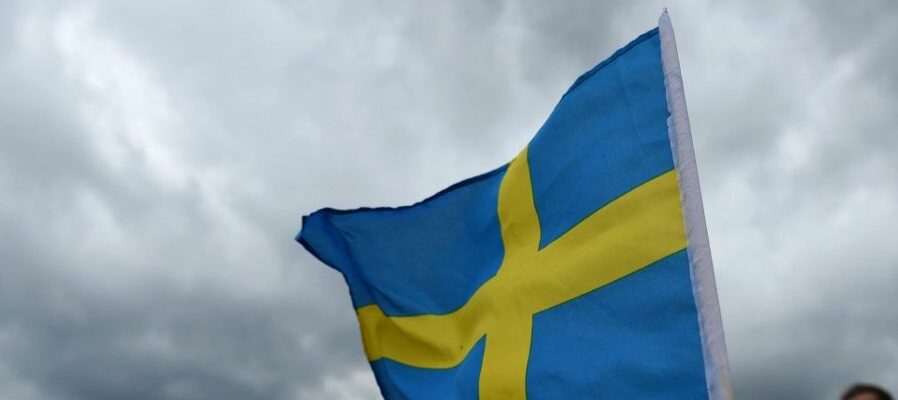New year, new presidency. After the Czech Republic, Sweden will take the helm of the Council of the European Union from January 1, with the strong desire to promote free trade and ward off any protectionist reflex. A priority that could create tension at a time when Paris and Berlin want to toughen their tone against the United States and their “Inflation Reduction Act”.
Formed in mid-October, the new, far-right Swedish government will first have to overcome questions about the impact of its unprecedented alliance with the nationalist Democrats of Sweden (SD ), big winners of the September legislative elections.
After eight years on the left in power, Conservative Prime Minister Ulf Kristersson leads a coalition made up of his Moderates party and his traditional allies, the Christian Democrats and Liberals.
Little experience of nationalists on the European question
But the government is based on a parliamentary majority that also includes the SDs. If the latter no longer mentions leaving the EU in its program, friction seems inevitable, in particular on the sensitive file of immigration. It should be noted that Sweden, which is not part of the euro zone, “keeps a fairly distant relationship with Europe”, underlines Sébastien Maillard, director of the Jacques Delors Institute.
The governmental agreement of Tidö – the castle where it was negotiated – between the four formations of the majority provides that the SDs are informed of all decisions taken by the executive concerning the EU. “But in general, EU subjects are excluded from this agreement,” tempers Göran von Sydow, director of the Swedish Institute for European Studies (Sieps).
For him, the fact that “most ministers and their close collaborators have very little experience of European meetings” is however a source of concern.
Priorities displayed by Stockholm beyond “economic competitiveness”? Maintain the unity of the Twenty-Seven on Ukraine in the face of Russian aggression, the climate, and the defense of “fundamental values”, in particular in response to the controversial measures taken by Hungary and Poland.

